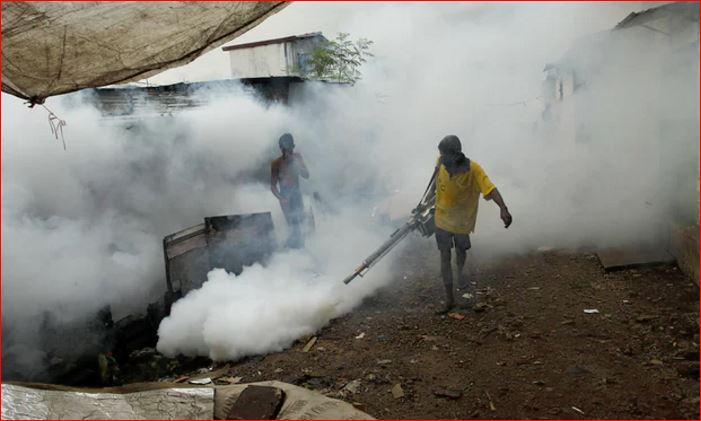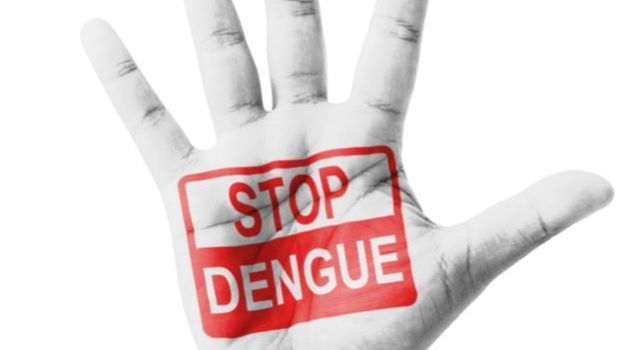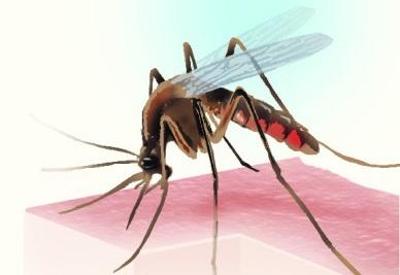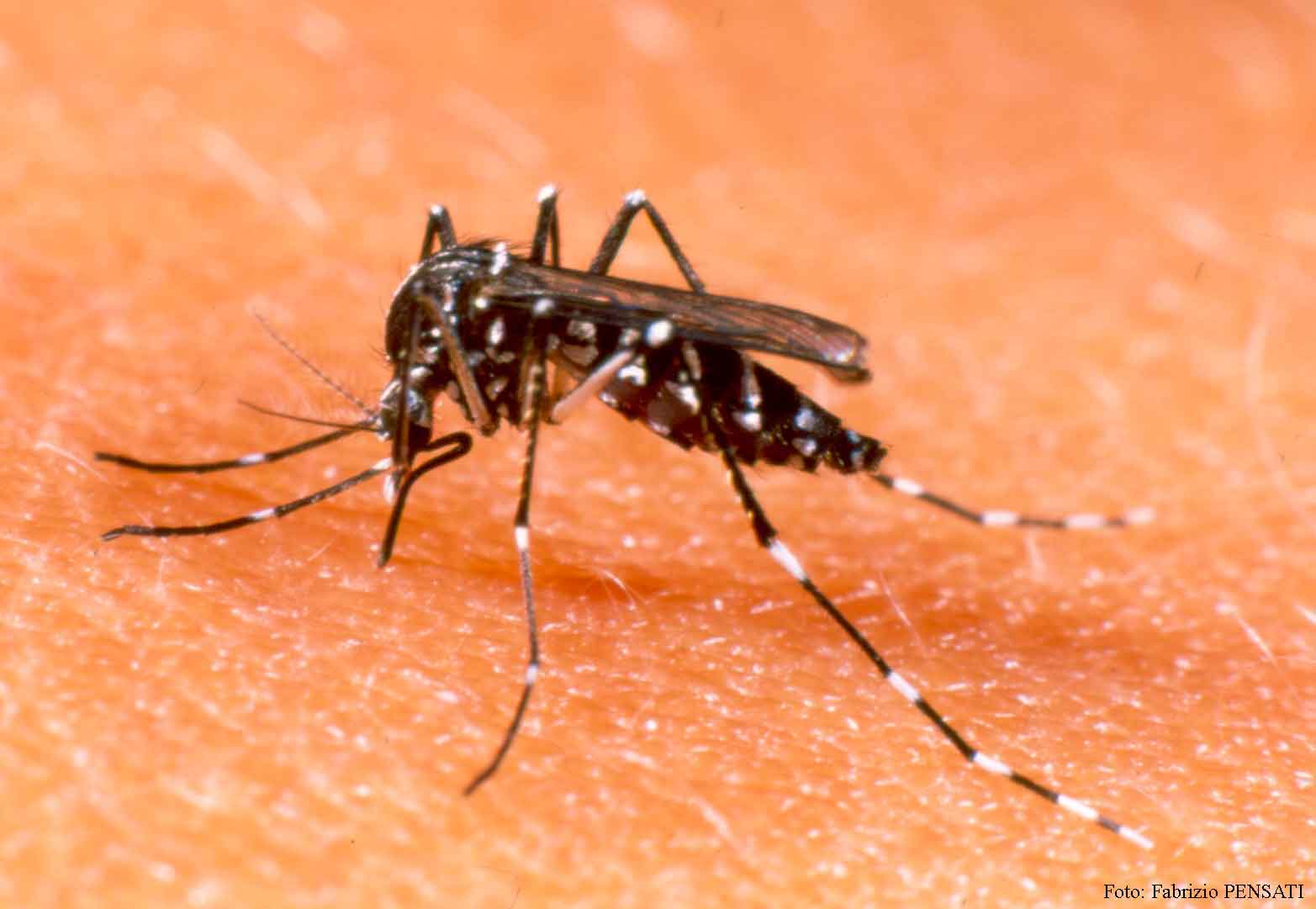MUMBAI: The number of dengue cases recorded in the city this year has been the highest in the last six years. However, the good news is that fatalities have declined significantly over the last three years.
According to figures recently released by the state, Mumbai has recorded 1,088 cases so far this year and four confirmed deaths. The last time dengue cases had crossed the 1,000mark was in 2012. Within the state too, the highest number of cases were reported from the city. Dengue infected 6,376 people and claimed 26 lives in Maharashtra between January 1 and November 21this year. Doctors say the increase in incidence is a reason for concern as it can lead to longer hospital stays, lost manhours and bigger hospital expenses. “Dengue causes mortality in merely 1%-3% of cases. It is the morbidity that needs to be looked into closely,” said infectious disease consultant Dr Om Srivastava. He said that patients this ye ar had complained of pro blems in resuming their routine lives long after they had recovered from the mosquitoborne illness.
A senior physician from KEM Hospital in Parel too added that patients came to the hospital three months after recovering from the disease with complaints of lethargy . “In a few cases, the symptoms had persisted from six weeks to three months,” the doctor said. Srivastava added that many patients fail to follow the post-recovery regimen like drinking water and taking adequate rest which prolong their suffering.
Source: Times Of India









